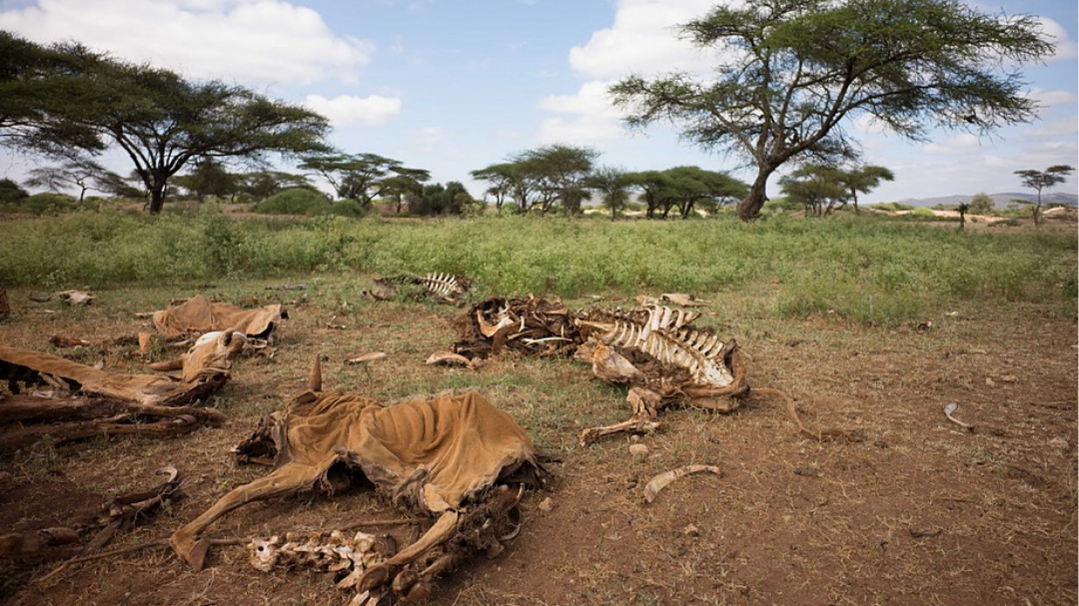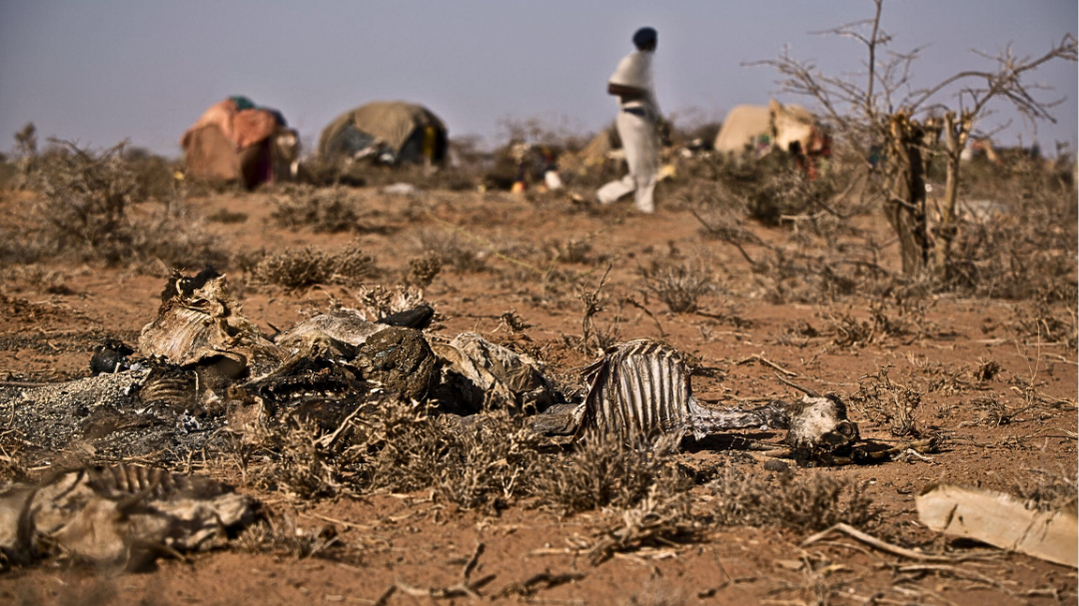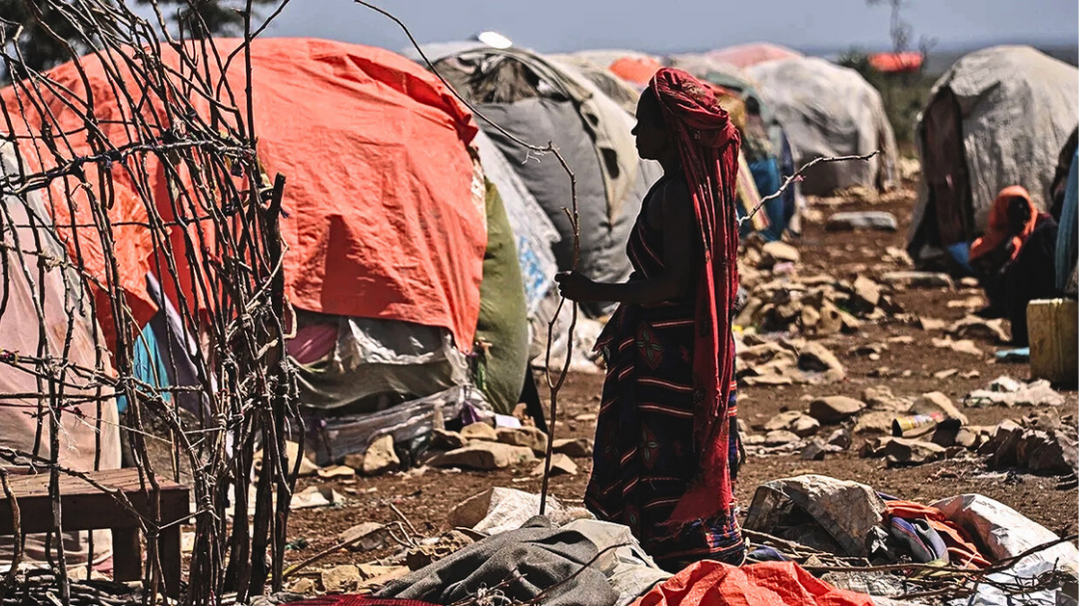Enhancing Accountability and Impact: Third-Party Monitoring of Drought Response Projects in Somalia
In the arduous battle against recurring droughts in Somalia, humanitarian efforts play a pivotal role in alleviating the suffering of vulnerable communities. IDTC's Third-Party Monitoring (TPM) initiative, focused on partners' drought response projects, emerged as a beacon of transparency, accountability, and effectiveness. This article delves into the significance of IDTC's TPM in addressing livelihoods, food security, health, sanitation, and hygiene, as Somalia grapples with the complex challenges wrought by climatic uncertainties.
Context and Project Objectives
Somalia, perennially plagued by drought, demands innovative and strategic interventions to mitigate the far-reaching consequences on communities. IDTC's TPM initiative, spearheaded by an alliance of humanitarian organizations, sought to monitor and evaluate the impact of various projects undertaken by partners in response to the multifaceted crisis.
Integrated Approach
Recognizing the interconnectedness of issues exacerbated by drought, IDTC's initiative took a holistic assessment approach, encompassing livelihoods, food security, health, sanitation, and hygiene. The comprehensive nature of the evaluation aimed not only to address immediate needs but also to build resilience within communities, enabling them to withstand future shocks.
Emergency Livelihood Interventions
Livelihoods, often the first casualty in drought-stricken regions, became a focal point of IDTC's initiative. Projects aimed at supporting income-generating activities, agricultural resilience, and small-scale enterprises were closely monitored. The objective was not just to provide short-term relief but to equip communities with sustainable tools for long-term economic stability.
Food Security Initiatives
Food security, a dire concern in the wake of drought, saw a concerted effort by IDTC to ensure timely and adequate interventions. Monitoring included the distribution of food aid, implementation of nutrition programs, and strategies for securing and preserving food resources. The goal was to break the cycle of food insecurity and malnutrition.
Health and Hygiene Programs
Drought exacerbates health risks, necessitating targeted interventions. IDTC's initiative monitored health projects, focusing on the provision of medical services, disease prevention, and health education. Additionally, sanitation and hygiene projects were scrutinized to ensure access to clean water and sanitary facilities, crucial in preventing waterborne diseases.
Challenges Addressed Through Monitoring
- Timely Response: The real-time monitoring facilitated by IDTC addressed delays in project implementation, ensuring that interventions were timely and responsive to the evolving needs of communities.
- Resource Allocation: IDTC's TPM identified instances of resource misallocation, enabling swift corrective measures to optimize the impact of projects.


